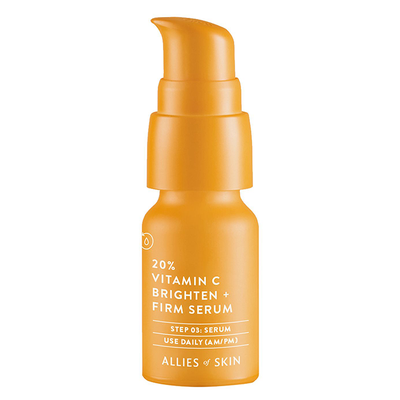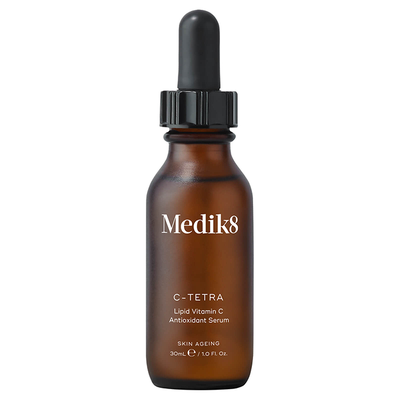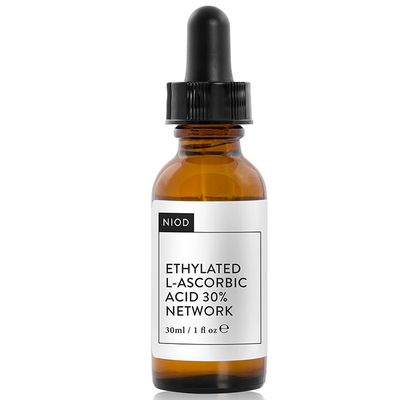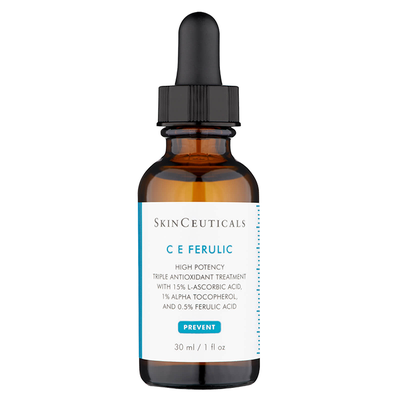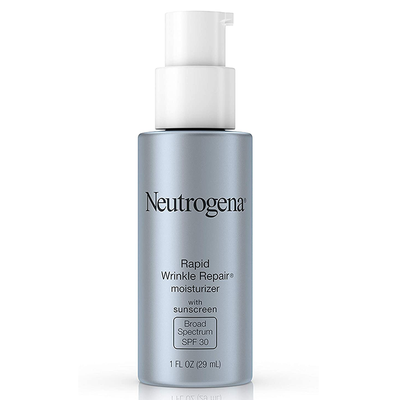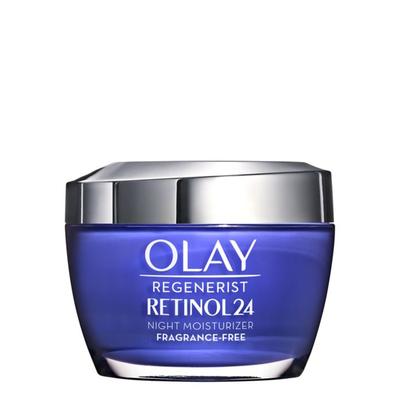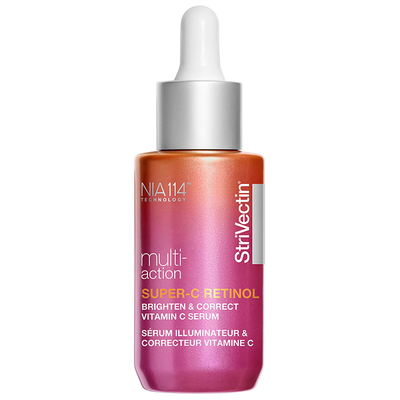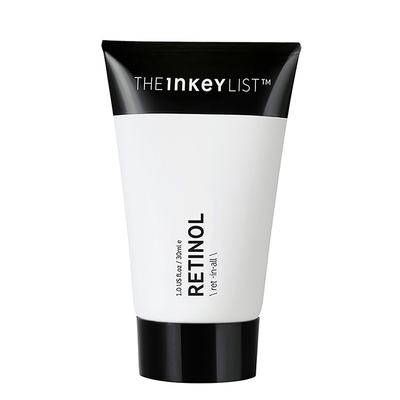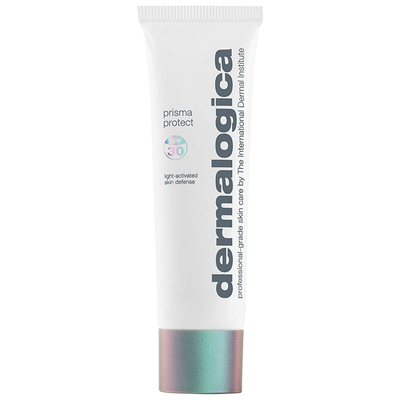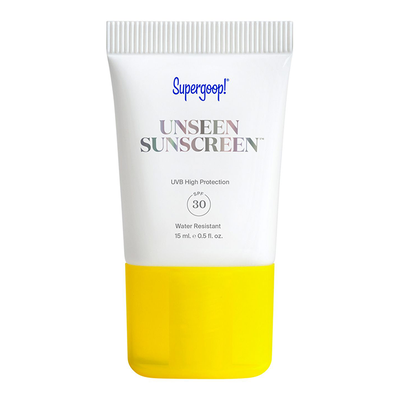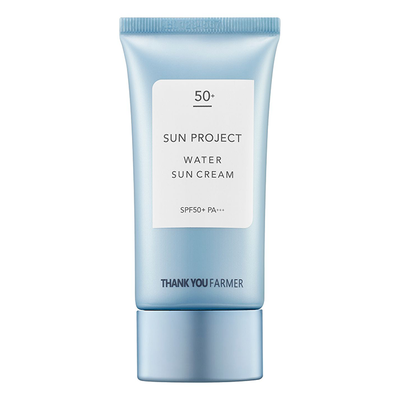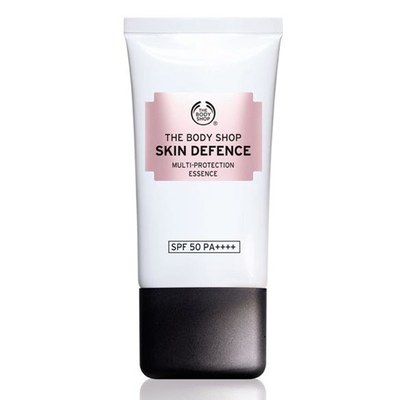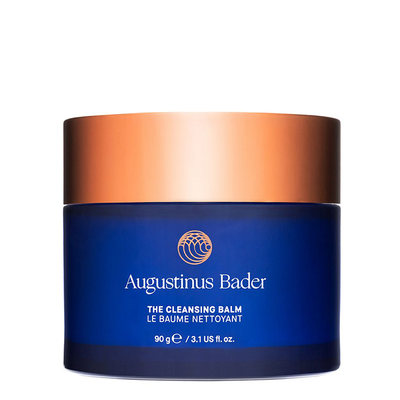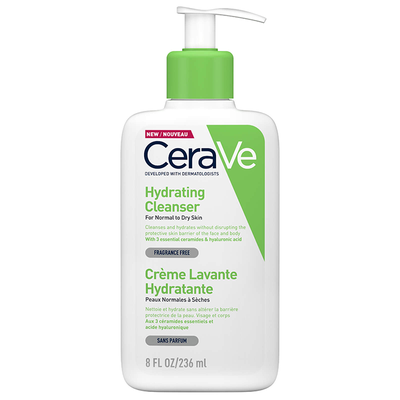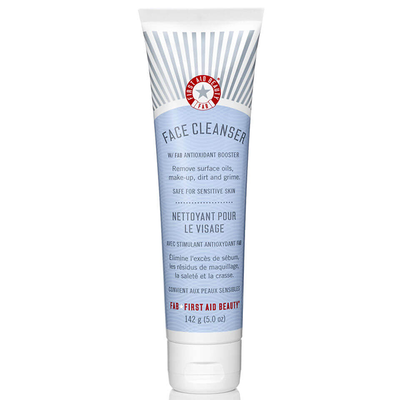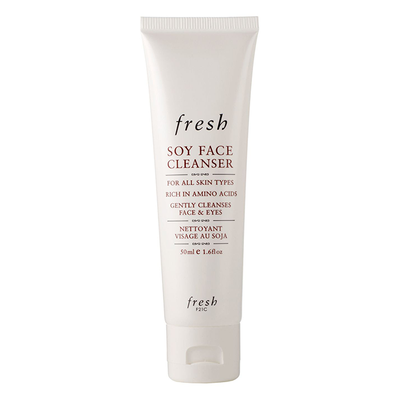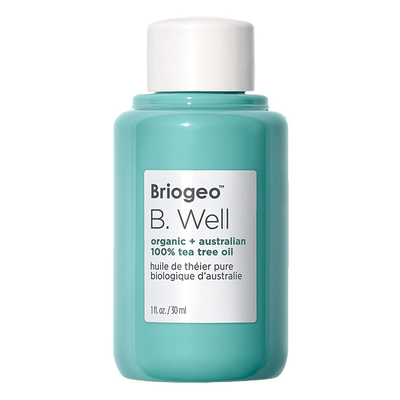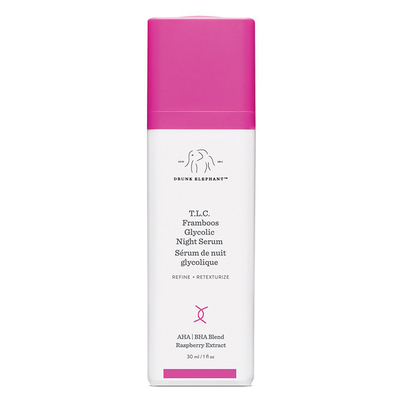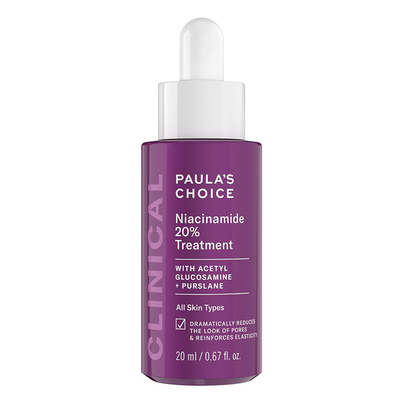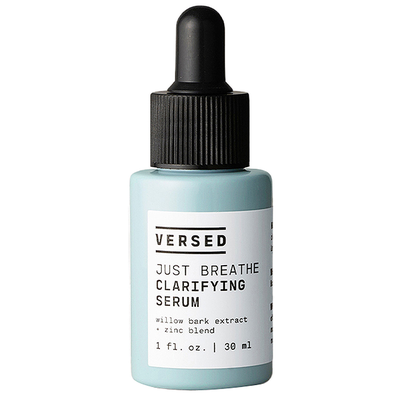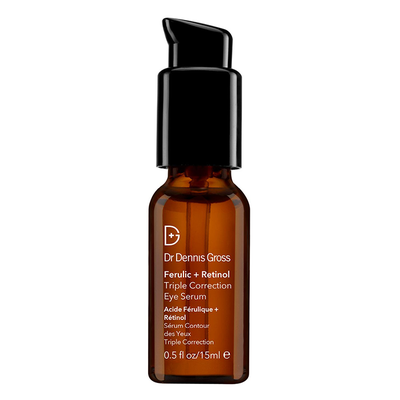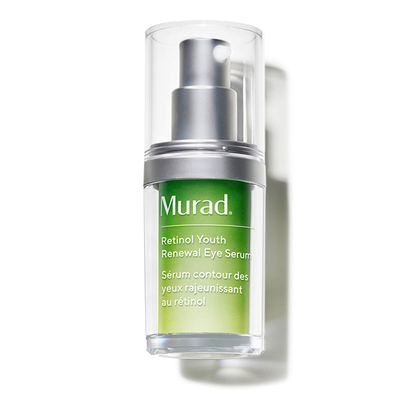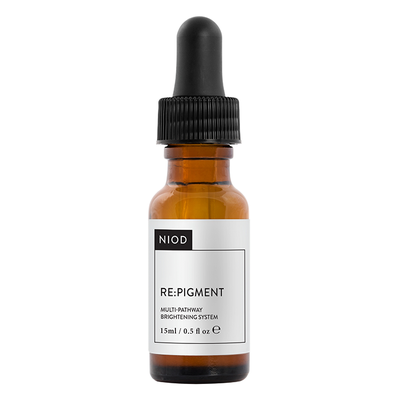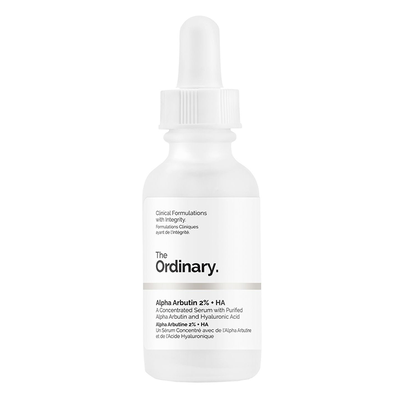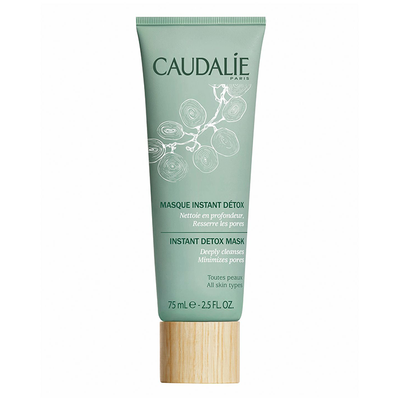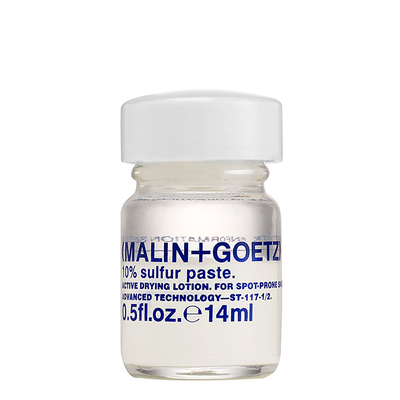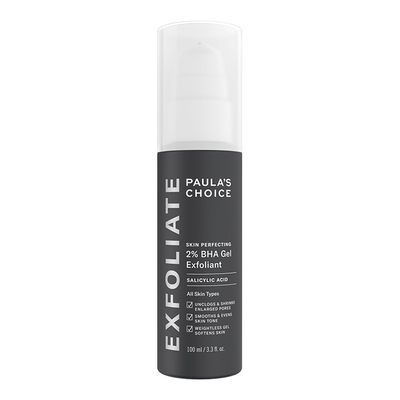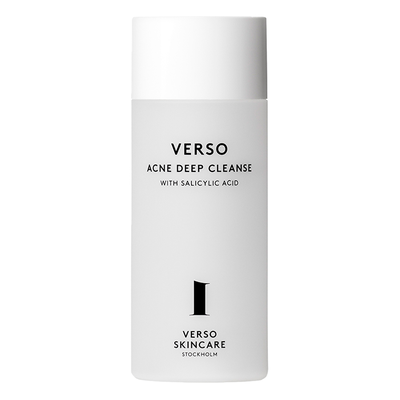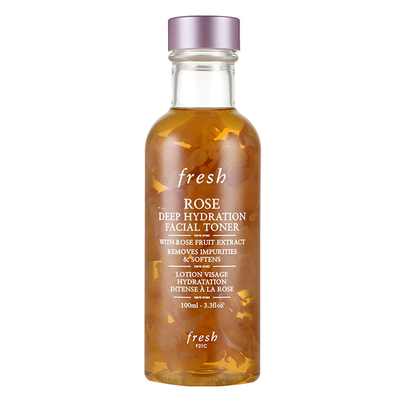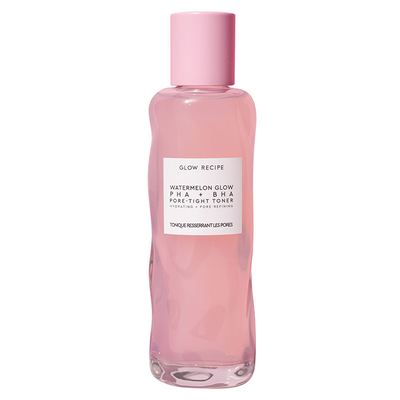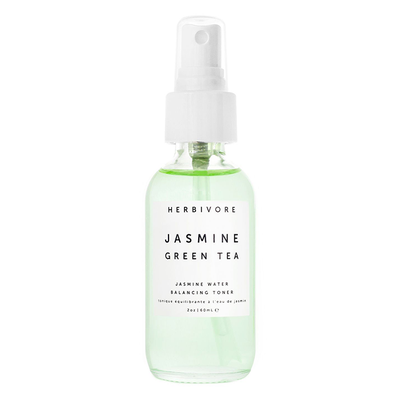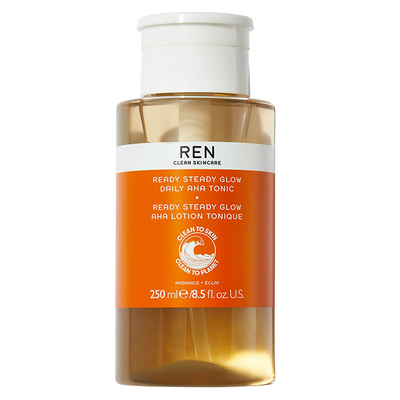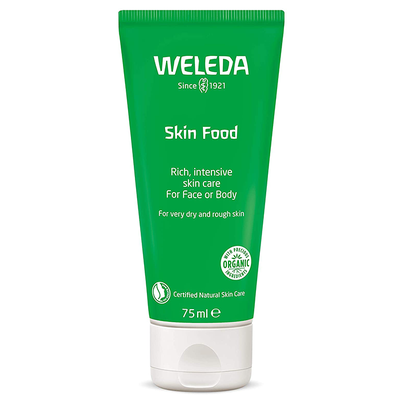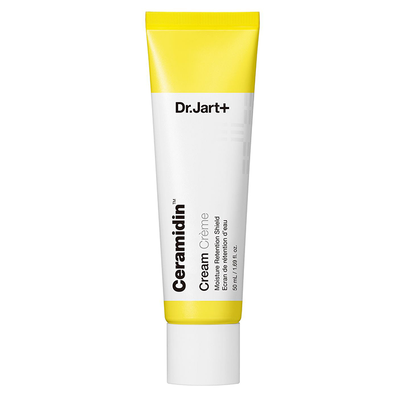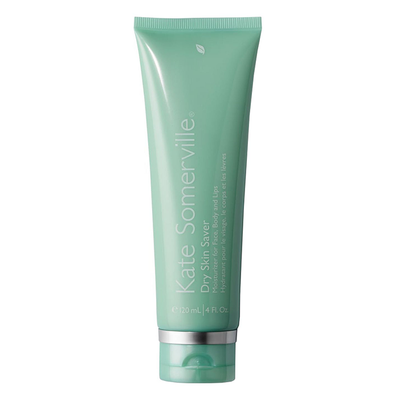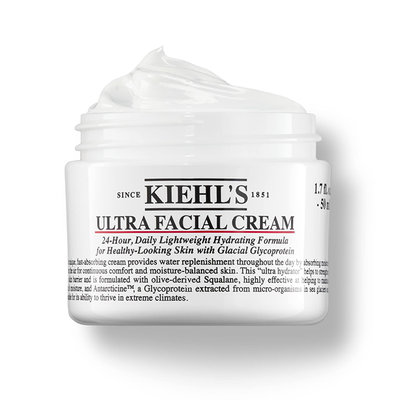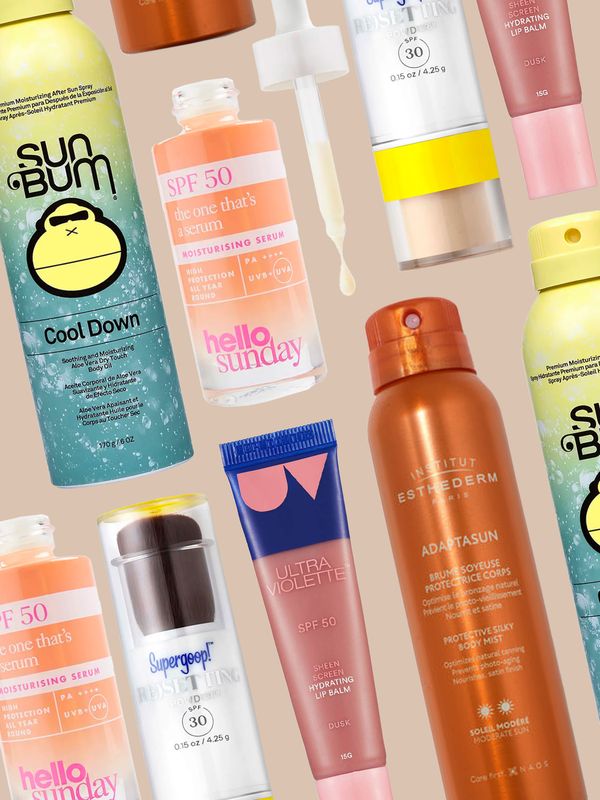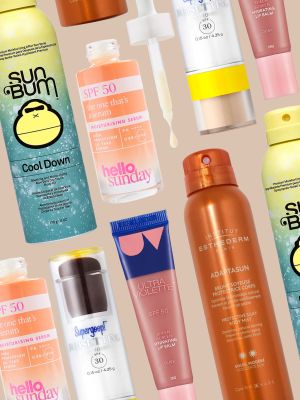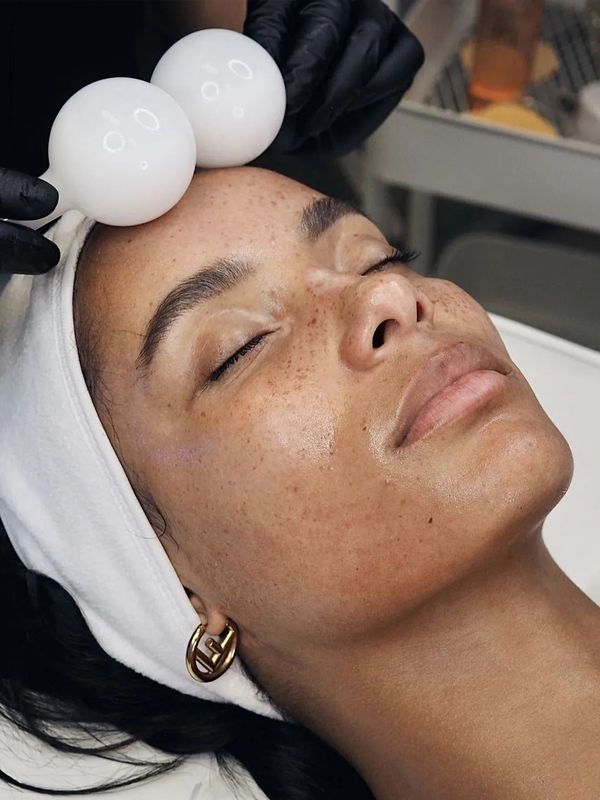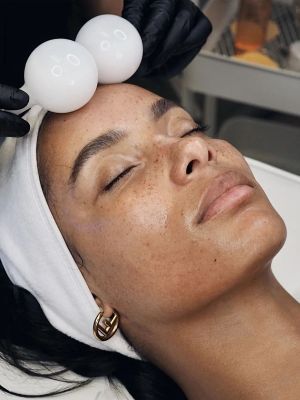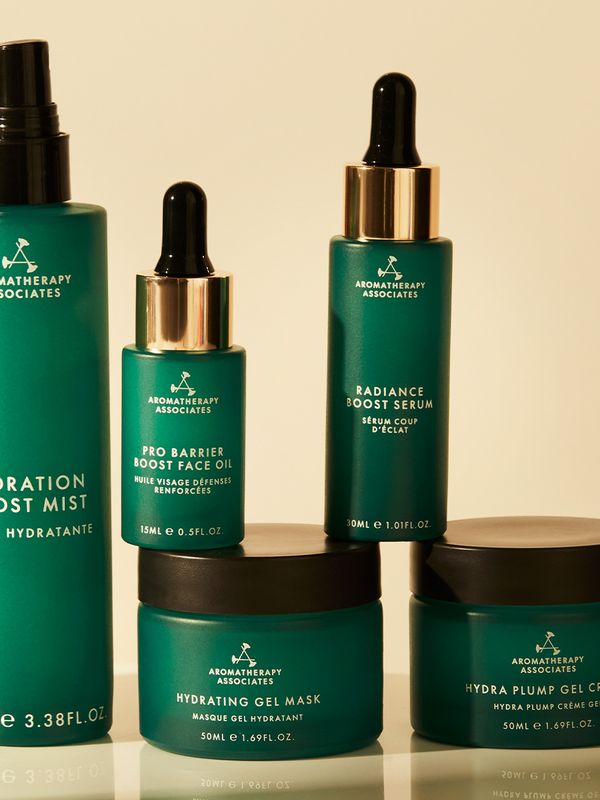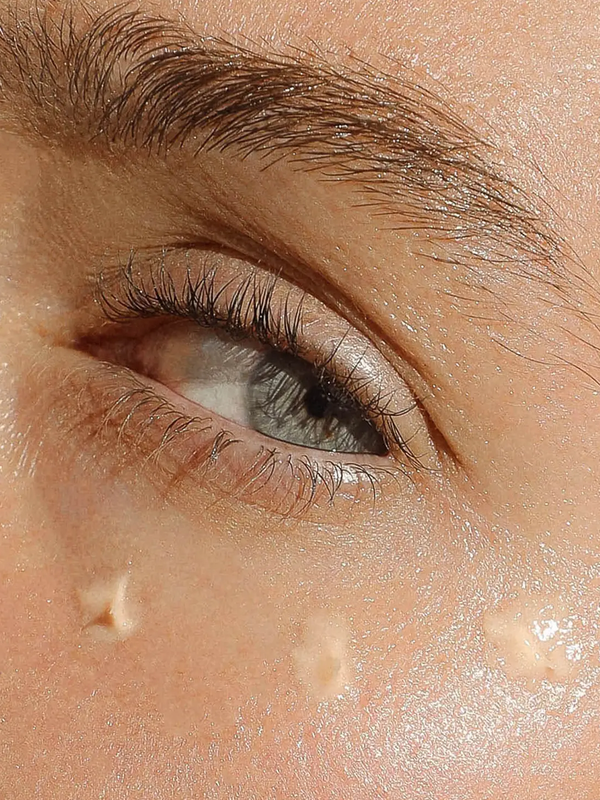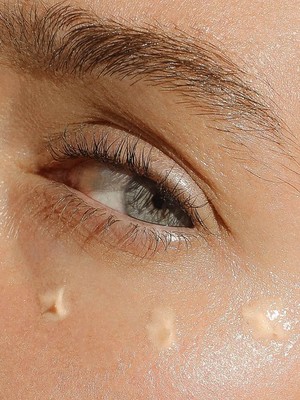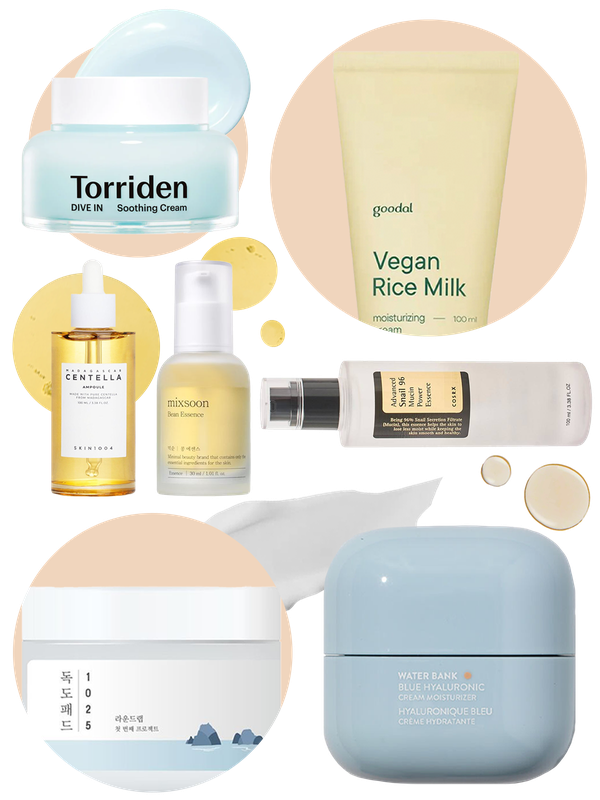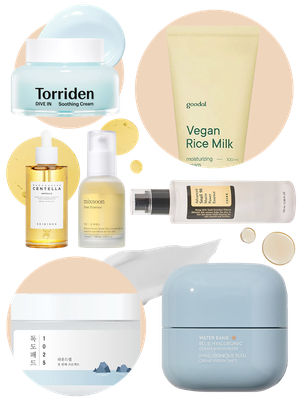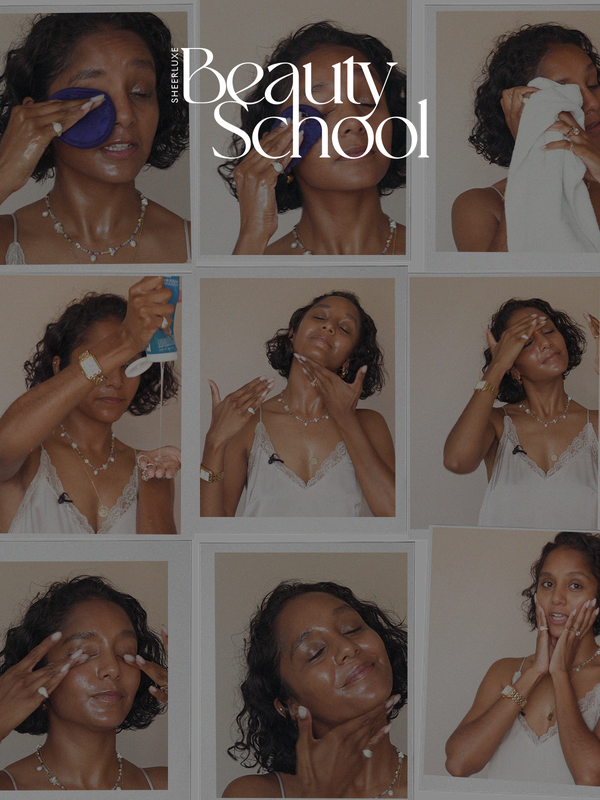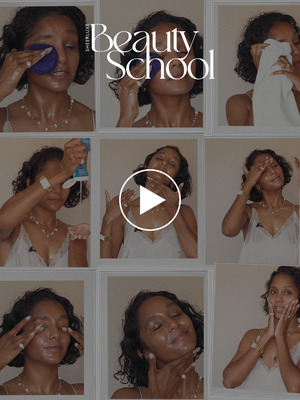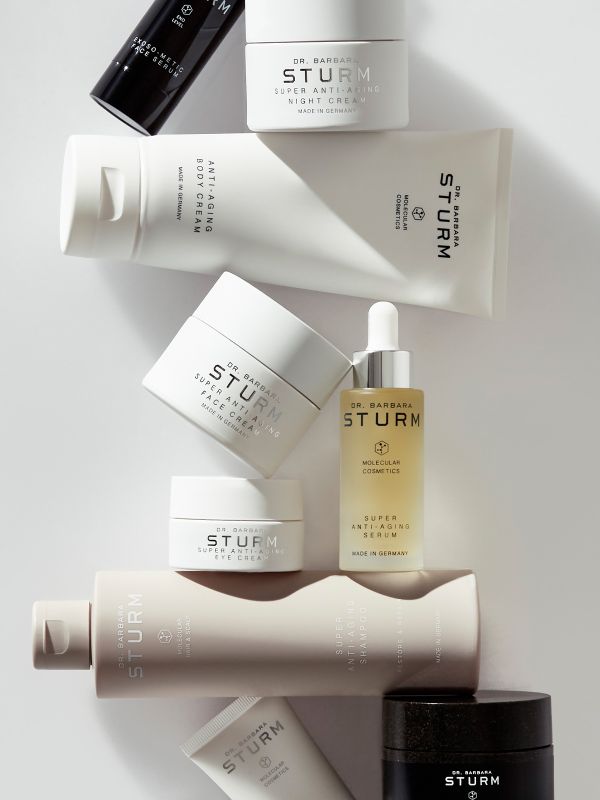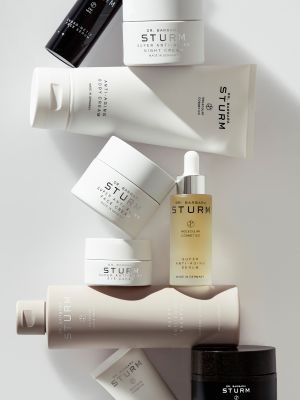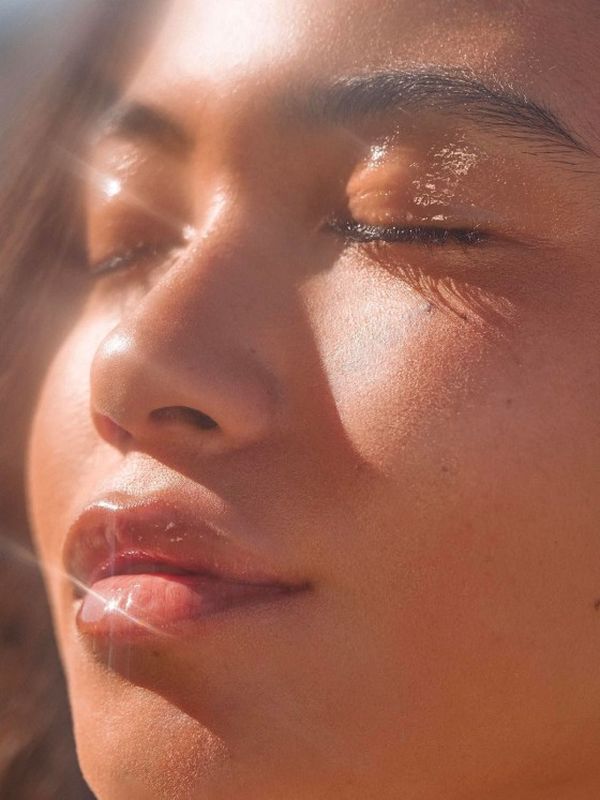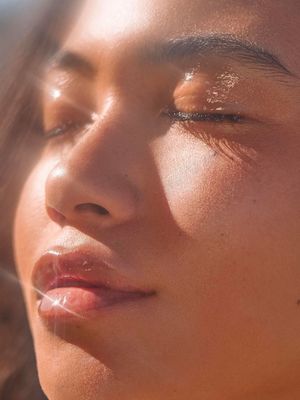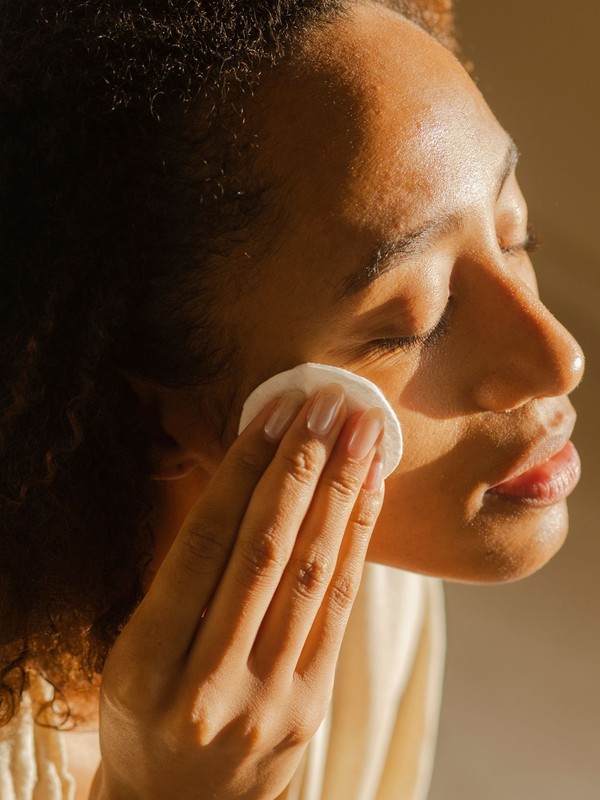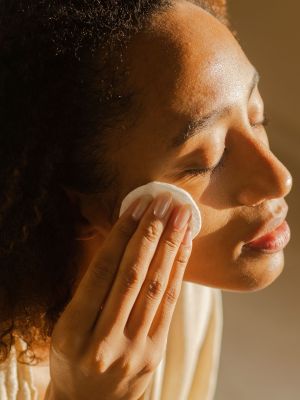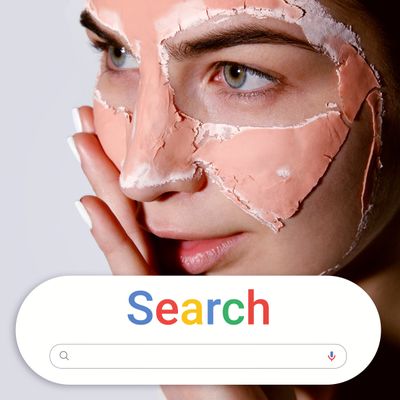
Google’s Top Skincare Questions, Answered By The Experts
Q: What is vitamin C & how does it work within skincare?
A: “Vitamin C as a skincare ingredient is now hugely popular, with several scientific studies supporting its use and benefits,” explains Dr Anjali Mahto, consultant dermatologist & author of The Skincare Bible. “Still to this day, many of us are unaware that for skincare benefits, more can be achieved by using vitamin C topically instead of relying on dietary intake alone. It’s considered a true multi-purpose ingredient. First, it aids collagen synthesis which, put simply, boosts the elasticity of your skin. Regular use can also help to blur and diffuse the appearance of fine lines after six months. The key is to use the right type as there are many formulations available. The one that’s considered the ‘gold-standard’ is L-ascorbic acid – it’s the most effective with a potency of 10-20%. If, however, your skin is sensitive, look to weaker and more stable versions. These include: Ascorbyl palmitate, ethyl ascorbic acid, magnesium ascorbyl phosphate, ascorbyl tetra-isopalmitoyl, and sodium ascorbyl phosphate.”
TRY: Allies of Skin Vitamin C Brighten & Firm Serum; Medik8 C-Tetra; SkinCeuticals C E Ferulic; Niod L-Ascorbic Acid
Q: How do you use retinol?
A: “Retinoids are a group of vitamin A derived substances which are proven to reduce the visible signs of ageing,” advises Dr Ejikeme, aesthetic physician & medical director at Adonia Medical Clinic. “To get the most from any formulation you choose, you should use it at night, after cleansing. When you begin using your retinol, start by using three times a week then slowly increase your usage as your skin begins to tolerate it. It’s essential to use a good moisturiser after your retinol to prevent dryness and irritation – it doesn’t need to be an expensive one, just a formula that’s kind to your skin and respects its natural barrier. On top of this, it’s essential to follow up with an SPF 30 the next day as retinol causes increased sensitivity to sunlight.”
TRY: The Inkey List Retinol Serum; StriVectin Super-C Retinol Brighten & Correct Vitamin C Serum; Olay Regenerist Retinol24 Night Face Moisturiser; Neutrogena Rapid Wrinkle Repair Moisturiser
Q: Should you use a separate moisturiser & SPF?
A: “This is a tricky question as the answer depends on your skin type,” says Dr Anjali. “Some will find that their SPF is moisturising enough to forego another cream on top – if this is the case, great, you don’t need to overload your skin. However, those prone to dry, tight skin will likely benefit from applying their normal moisturiser, then following-up with a separate SPF. Judge it yourself based on your individual needs.”
TRY: Supergoop Unseen Sunscreen SPF30; Thank You Farmer Sun Project Water Sun Cream SPF50; The Body Shop Skin Defence Multi-Protection Lotion SPF50+; Dermalogica Prisma Protect SPF30
Q: Is a new routine necessary when working from home?
A: “Whenever there is a change in season, or a change in environment, it’s a good time to assess your routine and see if the products you use are serving their purpose,” adds Dr Ejikeme. “Outside, we have the elements to contend with, but being indoors all day, we have heaters and radiators which can change the way our skin feels. So, use the time to check in with your complexion and see how it’s reacting. The easiest way to start is by reviewing your choice of cleanser. Do you need something more hydrating? Or something less heavy? CeraVe’s Hydrating Cleanser is a great all-rounder as the weather becomes colder and the heating switches on. It’s also worth investing in more than one – the term ‘two-cleanser technique’ refers to having a basic cleanser, as well as an active one. The former is the one you use daily, while the latter changes based on the needs of your skin with active ingredients that target different concerns.”
TRY: CeraVe Hydrating Cleanser; Fresh Soy Face Cleanser; First Aid Beauty Face Cleanser; Augustinus Bader The Cleansing Balm
Q: How can you treat acne & anxiety-induced flare-ups?
A: “There are different ways to treat acne – from topical skincare through to oral medication,” explains Dr Anjali. “Often, the best place to start is by having a consultation with a consultant dermatologist who can put you on the right path to manage your acne – many of these reviews can be done virtually now, too. In terms of managing acne with skincare, it’s important when choosing over the counter products to opt for ingredients that are shown to have clinical benefit. These include salicylic acid, glycolic acid, retinol, niacinamide, benzoyl peroxide and tea tree oil. Just because there are 50 products on the market does not mean you need to be using all of them. Keep your skincare simple and give it time. It will not work straight away and you need to be patient to see results – in fact, most acne clinical trials related to skincare usually run for 12 weeks for this exact reason.”
TRY: Paula’s Choice Clinical 20% Niacinamide Treatment; Versed Just Breathe Clarifying Serum; Drunk Elephant T.L.C Framboos Glycolic Night Serum; Briogeo B. Well Tea Tree Oil
Q: What happens to your skin during sleep?
A: “Our skin is the largest organ of the body, and the primary function of the skin is protection,” says adds Dr Ejikeme. “As we sleep, the skin is still on duty working as the first line of defence for our bodies. It works to help regulate our body temperature, retain water and protect against infection. Good sleep also enables our entire body to regenerate and this is the same for skin, too. It’s why a good night-time regime and a healthy sleep pattern is so essential – too much disruption will prevent our skin from renewing or regenerating properly, which can lead to accelerated skin ageing over time.”
Q: Can you ever get rid of dark circles?
A: “There are several treatment options for dark circles, but in all honesty, it can be challenging and often one treatment isn’t enough,” warns Dr Anjali. “On top of this, different treatment types are usually needed in one individual to produce significant results. For most people, the easiest way to reduce their appearance is with topical creams or agents. While they won’t get rid of them entirely, they are effective in reducing the amount of pigment or melanin in the skin, as well as improving the appearance of darkness. Look to brightening agents with the following ingredients: vitamin C, arbutin, kojic acid, niacinamide, mulberry extract and soy.”
TRY: NIOD RE: Pigment; The Ordinary Alpha Arbutin 2%; Dr Dennis Gross Ferulic + Retinol Eye Serum; Murad Retinol Youth Renewal Eye Serum
Q: What will help tighten your skin & prevent sagging?
A: “When it comes to tightening the skin, the best results can be seen with regular treatments, however there are some effective skincare ingredients that will prevent sagging,” says Dr Ejikeme. “These include retinoic acid, retinaldehyde, hyaluronic acid and glycerine. In my practice, microneedling can also be used to improve mild skin laxity as the high intensity used is very effective at treating a deep layer of the skin, pulling it taut and in turn creating a smooth, even effect.”
TRY: Microneedling at Adonia Medical Clinic; Skn Clinics; The Pulse Light Clinic.
Q: How can you get rid of blackheads?
A: “Blackheads are a troublesome issue that many of us suffer with,” says Dr Anjali. “Persistent myths about their cause and treatment float around media still to this day, but put simply, they occur when pores are blocked with oil or sebum. When the latter are exposed to the air, they become oxidised and turn black – hence the term ‘blackhead.’ People often mistakenly think this black material is dirt and that blackheads occur due to poor hygiene – they have nothing to do with cleanliness. To get rid of them or lessen their appearance, you should look for face washes, moisturisers or spot treatments which contain ingredients that break the skin down – think retinoids, salicylic acid, glycolic acid and benzoyl peroxide. Likewise, you should seek out formulas that are ‘oil-free’ and labelled ‘non-comedogenic’ to prevent pores becoming clogged further. Finally, avoid harsh scrubs, these will damage the skin. You are better off with a chemical exfoliating agent to remove the upper layer of dead skin cells gently.”
TRY: Malin + Goetz Sulfur Paste; Caudalie Instant Detox Mask; Paula’s Choice Skin Perfecting 2% BHA Gel Exfoliant; Verso Acne Deep Cleanse
Q: Are toners necessary & what are they?
A: “Toners are to be used after cleansing,” recommends Dr Ejikeme. “They work to remove excess oils and prepare the skin for any other products that follow in your regime. While not always necessary, they’re great for anyone looking to remove dead skin cells and for a brighter and more even complexion.”
TRY: REN Ready Steady Glow Daily AHA Tonic; Fresh Rose Deep Hydration Facial Toner; Glow Recipe Watermelon Glow PHA + BHA Pore-Tight Toner; Herbivore Jasmine Green Tea Balancing Toner
Q: Is there a DIY treatment for acne scars?
A: “Acne is common, but what’s not as well-known is that 30% of those who suffer with it may develop scarring as a result,” explains Dr Anjali. “This is more likely to occur in those who have deep, red spots known as nodules or cysts. The biggest mistake people make is treating their scarring while their acne is ongoing – it should be thought of as a two-step process. Only once the acne is finished should you focus on treating any scars. This is because the process creating the scarring is ongoing, so even if some scars improve, you’re still getting new ones – it’s a bit like driving with the handbrake on, it’s not going to give you the results you want. There isn’t really a DIY option – a key treatment is in fact laser as it penetrates the skin at a much deeper level for smoother, long-lasting results. It takes time and requires patience with often, a combination of treatments, but you will achieve good results.”
TRY: Laser at Skin55 Clinic; Sarah Chapman Skinesis Clinic; Debbie Thomas Clinic.
Q: Can you effectively treat dry skin at-home?
A: “Dryness occurs when the normal functioning of your skin is compromised,” finishes Dr Anjali. “If the water content in your skin falls below 20% for an extended period, it will manifest itself as dry – think flaky, scaly or irritated. When this happens, you need to restore the barrier function for a softer and suppler appearance. There are three basic ingredients you can seek out in moisturisers, including, humectants, occlusive and emollients. Each works differently to prevent water loss and lock in moisture. We should all consider switching to something with more emollients come winter. Those with dry, or very dry skin may want to use a hyaluronic acid-based serum first, then a moisturiser on top. Remember, the ingredients list on your moisturiser is in descending order of concentration and the top 3-5 ingredients make up the bulk of the product, so look out for this when you buy products.”
TRY: Kate Somerville Dry Skin Saver; Dr. Jart+ Ceramidin Cream; Weleda Skin Food; Kiehl’s Ultra Facial Cream
DISCLAIMER: We endeavour to always credit the correct original source of every image we use. If you think a credit may be incorrect, please contact us at info@sheerluxe.com.
